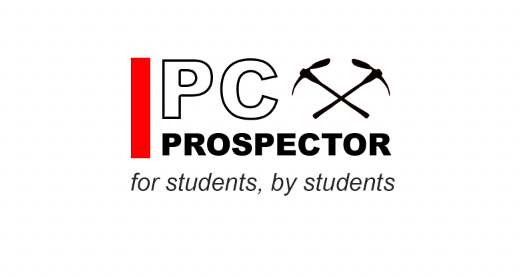New Sports RPI System
As fall sports teams are starting to reach the playoffs, a new system is being put on display that is a change from their norm. Instead of having the top 4 teams from each region move on to the playoffs, now every team gets the chance to make a state title run.
The reason for this is the new Rating Percent Index (RPI) system. This is the new structure put in by the Utah High School Activities Association (UHSAA).
The RPI system was put in to fix issues that various schools have complained about in regards to the playoffs.
Certain regions like region 4 which consisted of American Fork, Bingham, Lone Peak, Pleasant Grove, and Westlake would have the top 4 teams in the state. Since the old system ranked teams based on region, the fourth-best team in the state would have a 4 seed from the region and match up with the best team from another region.
The RPI system is able to recognize this power region and seed them accordingly making the path to the next rounds easier and more appropriate for the talent of the team.
“It got put into play to help balance it out and make a more legitimate bracket and to make it more competitive in the playoffs,” said Jaime Sheetz, Director of Athletics and Activities.
The main change from last year is that all teams make the playoffs. The playoffs are set up as a 32 team bracket. In 5A, there are 29 teams and the top 3 seeds do not have to play a team in the first round and are guaranteed a spot into the next round.
“The nice thing about it is if you’re a little bit lower in the bracket, the first round, you’re going to play a very similar team to you. You get a chance to win a playoff game,” said Sheetz.
The way teams are seeded are based on three things: win percentage, opponent win percentage, and opponents opponents win percentage.
Based on the formula regarding these percentages, the final seedings are determined by 40% win percentage, 40% opponents win percentage, and 20% opponents opponents win percentage.
Girls soccer was the first fall sport to see the outcome of the RPI system. They were given the 12th seed and matched up against the 21st ranked, Bountiful.
Although the girls were fortunate to match up with a new team, with the RPI system, it is possible that teams can play each other for the third time in the first round of the playoffs.
“In the past, you were guaranteed that you would never play your own region in the first round of the playoffs,” Sheetz explained. “That’s not the case here. You could play somebody in the first round of the playoffs that you have already played twice. The rankings are the rankings. So 1 through 32, if you’re matching up, you’re matching up.”
For the soccer playoffs, 4 out of the 13 first-round games were between two teams in the same region and 3 out of the 8 second-round matchups are teams that have already played twice.

With the RPI system put into place, regions have a different purpose than what they have been used for in the past.
“Regions don’t mean as much anymore in terms of qualifying for the playoffs, that’s mainly what it was for. Now it’s more of a scheduling thing,” said Sheetz.
Now, preseason is just as important as region play.
Senior Jonathan Clifton who is part of the Boy’s soccer team in the spring stated, “I like how all teams make the playoffs and that every game matters instead of just region.”
This new system will only be applied to the team sport for the 2019-2020 season. Tennis, golf, track, swimming, and wrestling stick with the same routine while the UHSAA looks to perfect the RPI system for these sports.
It is key to remember that this is the first year with this new structure and there may still be some issues that will be corrected in the future.
“They’re going to keep evaluating and tweaking and changing and adapting it to make it work… we had to remind everybody that this was a start, this is growth,” said Sheetz.
Now the UHSAA is just seeing how it turns out for this year. It’s a work in progress and with each additional year, UHSAA will be able to see what is good about the RPI system, and what needs to be changed.
Sheetz ended by simply stating, “We will see how it goes. So far so good.”






